When operating automotive equipment, sooner or later the time comes for its final replacement. This fully applies to one of the most important technical attributes of any car, which is the battery (battery). However, before choosing it, it is important to decide on the question, which battery is better in terms of reliability and durability? This issue is quite topical, since the range of products of this class presented on the domestic market is very large.
Simultaneously with this problem, other questions arise regarding such parameters of a battery product as power and limiting starting currents. Consider all the possible nuances of choosing this technical component in more detail.
Features of choosing a battery
When choosing a battery of cells suitable for a personal car, first of all, you should pay attention to such points as:
- Who is the manufacturer of the battery of this model (usually determined by its brand);
- Capacity (in ampere-hours) and its starting current;
- Characteristics of the charging mode;
- Dimensions and mass in a charged state;
- Product durability.
For many users, such an evaluation characteristic of the battery as the rating of the best batteries, updated with enviable constancy by the main information sources of the Internet, can become decisive in this situation. But the most simple and unsophisticated way to select this attribute is considered to be an approach that proceeds from the recommendations specified in the owner's manual for the car itself.
Note! In this case, you should contact the specialized divisions for the sale of these products, where a representative of the organization will help you choose the right battery sample from a special catalog.
When choosing an unknown product without clear guidelines for the brand and manufacturer, the main emphasis should be on performance or technical indicators, such as battery capacity and weight. The last characteristic of the user is forced to take into account the fact that when servicing the product, it is necessary to transfer it from place to place and more than once a day.
As for the capacity of the purchased battery, it is selected with the expectation that its nominal value, equal to 60 Ah, for example, means the ability to provide a current of 3 Amperes for 20 hours.
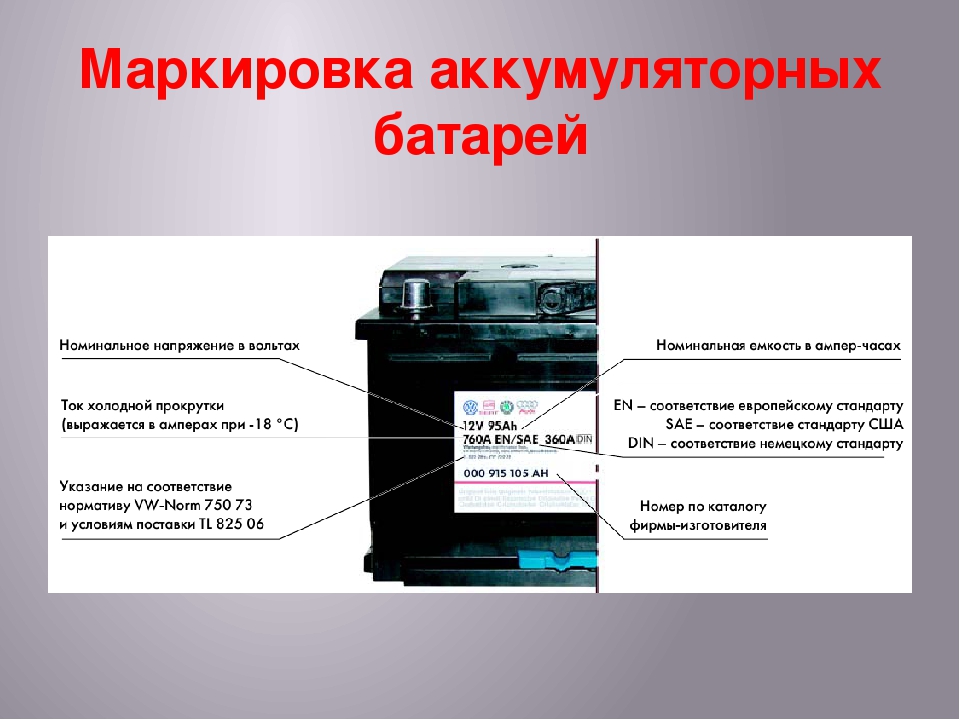
Another important indicator of quality and reliability is the starting current, which characterizes the ability of the battery to develop maximum power for 30 seconds (when the engine is cranking, for example). Simply put, the capacity of the battery is responsible for the duration of the continuous rotation of the starter shaft, and the strength of the starting current is responsible for how fast it will rotate.
A little trick when choosing new batteries for a car is to examine the old sticker that has worn out over time, which was on the product that has become unusable. In the event that there were no complaints about its work before, you should choose the same model (from the same manufacturer) with similar characteristics.
In addition, there is usually a marking on the body of the device indicating the time during which the battery can operate in the “Reserve power” mode (at a load current of about 25 Amperes). It is usually 80 or 100 minutes, and in the simplest case, it shows how long a car can work with a stopped generator.
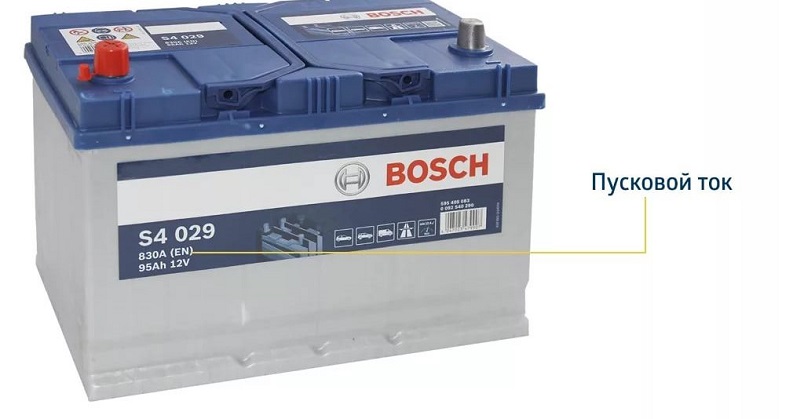
Battery selection according to engine parameters
In accordance with whether a given battery needs constant care or not, all known brands of batteries are divided into two types: maintenance-free and serviced products.
Before choosing a specific model, first of all, you should decide whether it is profitable from a practical point of view to independently service the car (in particular, its battery). With a lot of personal employment, it is best to abandon this idea and purchase a maintenance-free model, which is characterized by a completely sealed case and the inability to access individual parts.
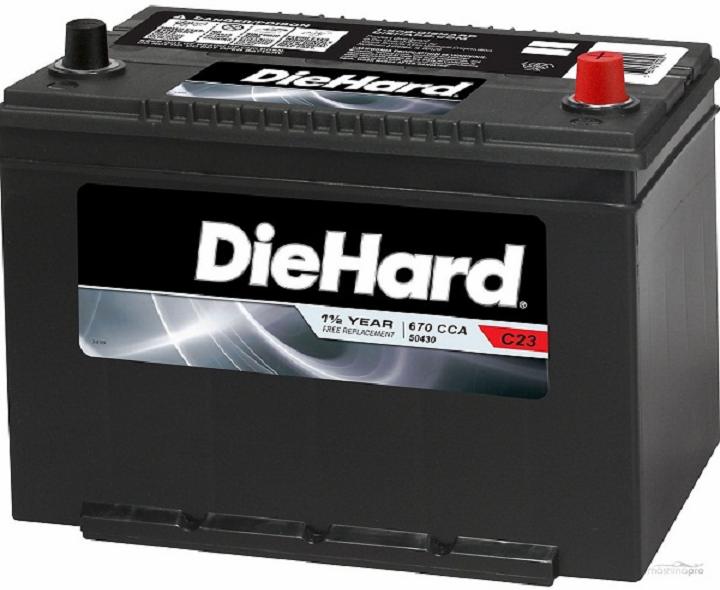
If the user has the opportunity and free time to service automotive attributes, it will be more convenient for him to buy a second-class battery, which can be constantly cared for in order to extend the service life.
You can also decide which battery is better, based on the following parameters:
- The volume of the car engine;
- The power developed by it in the operating mode;
- Type of fuel used (gasoline or diesel fuel).
The rules for choosing a battery, taking into account these factors, imply a procedure that consists in taking into account all of them at the same time. So, in some cases, a car running on a diesel engine needs a battery of a larger capacity than a car with a gasoline engine (with the same volume). It has been practically established that for a gasoline “engine” with a volume of up to one and a half liters, a set of batteries with a capacity of about 45-55 Ah is enough.
Note! It is believed that for a vehicle with a diesel engine, a product with a capacity of up to 65 Ah is suitable.
For cars with slightly larger engines (2.5 liters, for example), a gasoline engine will require a capacity of 65, and a diesel engine will require 75-100 Ah.
It is clear that all the figures given here are very approximate. The exact values of the capacities of car batteries are determined for each specific vehicle model separately and depend on the type and number of existing consumers (air conditioner, heater, radio, etc.).
Discharge parameters, dimensions, release date
The rating of batteries is significantly affected by the average duration of its service, defined as the maximum number of complete charge-discharge cycles completed during this time. The same category of evaluation characteristics includes the period of time during which this product was completely without recharging.
Important! Taking into account all these factors and with any set of brands and prices, the warranty for a battery product cannot be more than 2 years.
This means that, in principle, there are no preferences for the quality of the product in terms of the duration of operation of this particular battery; any manufacturer promises only what it can guarantee.
As for the overall dimensions of any product, the latter must correspond to the seat of the car and be securely fixed on it. At the same time, it is important to pay attention to which side the positive terminal is connected to the new battery, the length of which in a certain situation may simply not be enough. This is explained by the fact that the design of many modern batteries does not at all provide for the possibility of fixing them in a reverse or “deployed” state.
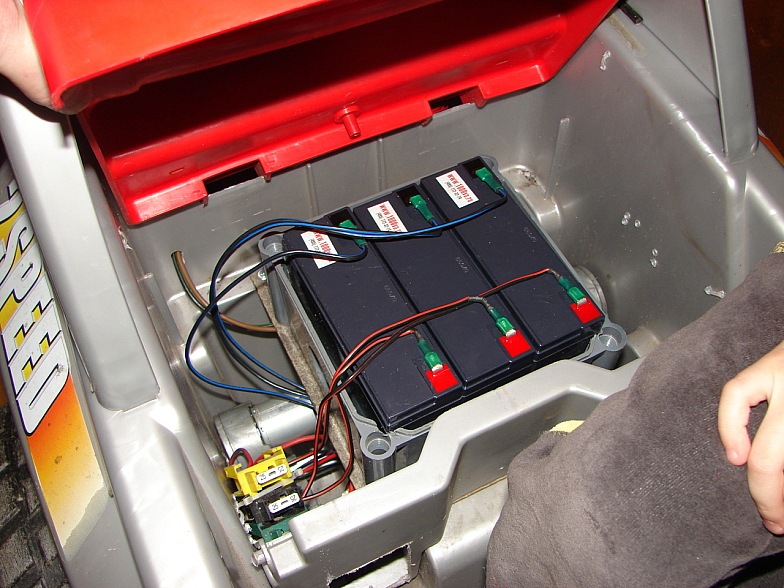
Regarding the release date, there are also certain nuances, expressed in the fact that it is rather difficult to choose a good battery on this basis. At the same time, it is not uncommon for a product to indicate not the time of its release from the assembly line of the manufacturer, but the date it was put on sale. Taking into account the period of time during which it has lain in the warehouse, the difference can be very noticeable.
To the indicated terms, you should add the time that the battery was stored in the store itself. The result may be a figure that is unlikely to suit most buyers.
Battery manufacturers
The battery manufacturer is a very important factor that must be taken into account when choosing this automotive attribute. But at the same time, this approach is also the most difficult, since the range of products on the market is very large.
Important! Currently, there is usually no clear connection between a particular manufacturer and the quality of a product sold under this brand.
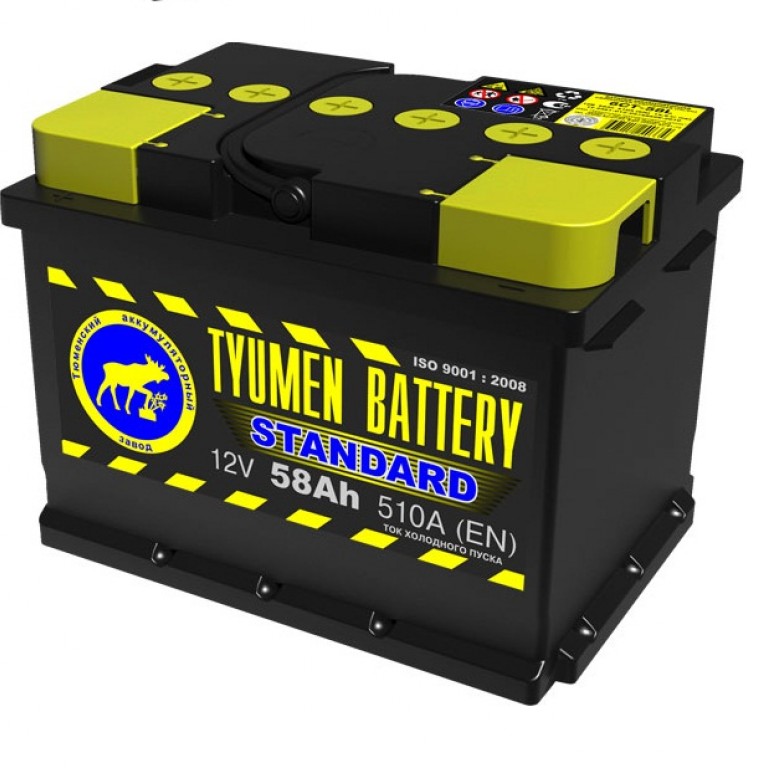
Any battery (even a not very well-known brand) can serve its owner for a very long time, provided that all the rules for its operation have been followed. There are cases when products of the middle price category worked properly for 6-7 years, and branded batteries purchased at a car dealership "died" after six months or one and a half.
When evaluating the reliability parameter of a product by manufacturer or its brand, it is generally accepted that the average battery life should not be less than 4 years. In this case, “average” refers to operating conditions that can vary significantly from year to year. They depend on whether the winter was warm or cold, for example, or on the amount of mileage per season.







